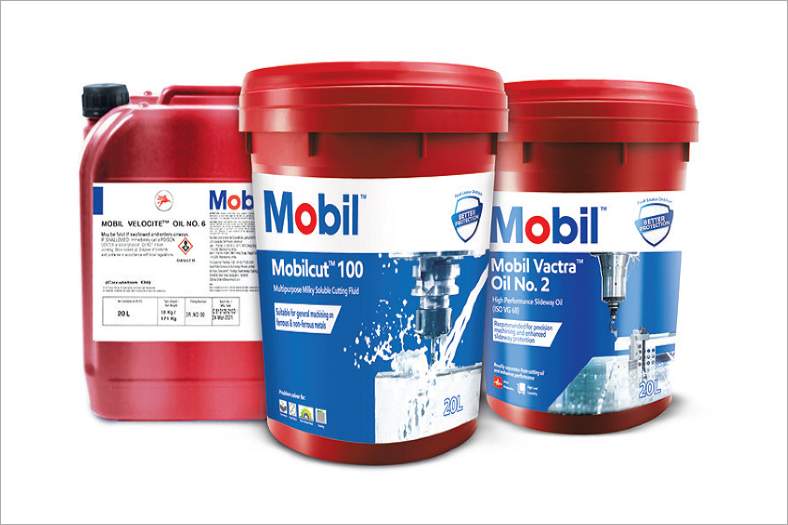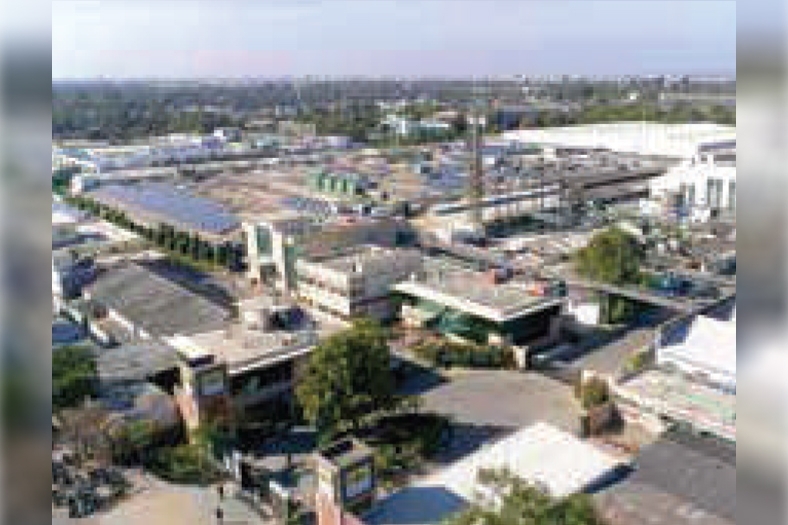Opportunities in the galore; India’s Vehicle Scrappage Policy 2021
By OEM Update Editorial September 3, 2021 7:16 pm IST
The policy envisages that commercial vehicles that have completed 15 years and private vehicles that completed 20 years and fail the fitness tests should be off the road.
Indian Government launched a new vehicle scrappage policy at the Gujarat investor summit, to remove the old vehicles. The primary objective of this policy is to phase out unfit and polluting vehicles from the roads. It’s the initiation of news automotive pollution reducing ecosystem as India’s vehicle scrappage policy provides opportunities for new business models with new players, such as small and medium enterprises to set up vehicle fitness testing centres, according to industry experts. The policy is an attempt by the government to boost automobile demand that has been hit by weak consumer sentiment amid a slowdown in the broader economy.
During the virtual address on August 13 launching policy, Prime Minister, Narendra Modi, tweeted, “The launch of Vehicle Scrappage Policy today is a significant milestone in India’s development journey. The Investor Summit in Gujarat for setting up vehicle scrapping infrastructure opens a new range of possibilities. I would request our youth & start-ups to join this programme. “India’s new vehicle scrappage policy has the potential to generate fresh investments of more than `10,000 crore, creating thousands of jobs, says he.
Environmentally responsible
Vehicle scrapping will help phase out unfit & polluting vehicles in an environment friendly manner. Our aim is to create a viable circular economy & bring value for all stakeholders while being environmentally responsible, Modi said, this policy also reflects our commitment to reduce pollution in the cities and protect the environment and fast development. This policy, by following the principal reuse, recycles and recovery, will also promote the country’s self-reliance in the auto sector and in the metal sector. The recycling industry will be rejuvenated improving upon environment simultaneously. They can potentially leverage the supply chain associated with recycled materials to reduce input material costs. A scrappage policy can provide some benefits related to a reduction in pollution, reduction in the fuel import bill, improved recycle or reuse of parts, generation of replacement related demand.
On End-of- Life Vehicle (ELV) recycling and achieving imperatives of 3 Rs (reduce, reuse, recycle) through Registered Vehicle Scrapping Facility fostering circularity of material and sustainability in automotive sector Masaru Akaishi, MD, Maruti Suzuki Toyotsu India Pvt Ltd, elaborated upon the proper dismantling process and discussed the challenges of ELV generation, collection, dismantling and material sales. According to EY India, original equipment manufacturers (OEMs) are responding to the new dimensions of mobility – connected, autonomous, shared, and electric vehicles – new forms of ownership and an increased environmental focus across stakeholders. COVID-19 pandemic has made the industry realise the vulnerability associated with the current value chain structure at both the consumer and the supplier end.
Industry expert reactions and comments
Benefits from schemeThose, whose vehicle gets scrapped will be eligible for a rebate of up to 25 percent on your next private vehicle’s road tax and up to 15 percent on commercial. Also, the registration tax on your next car will be waived off complete. This is not it, if your vehicle gets scraped then you’ll get around 4 percent-6 percent value of the ex-showroom price of a new vehicle. Furthermore, you’ll get a 5 percent discount on the purchase of a new vehicle against the scrappage certificate.
The prime advantage will be that a certificate will be given on scrapping the old vehicle. In line with the guidelines, from 1st April 2023, the heavy commercial vehicles will be mandated to undergo test at authorised fitness testing centre and the rest of the commercial vehicles will be mandated to undergo test from 1st August 2023. It’ll start from June 2024 for the rest of the categories. However, the policy will be effective from April 2022 for government- owned vehicles.
Positively, least the more
The policy also provides an opportunity for small and medium enterprises to set up vehicle testing centres for assessing the condition of old vehicles and issue fitness certificates. Scrappage policy is beginning of making auto sector more organised and this solution shall create sustainable environment.
Cookie Consent
We use cookies to personalize your experience. By continuing to visit this website you agree to our Terms & Conditions, Privacy Policy and Cookie Policy.


















